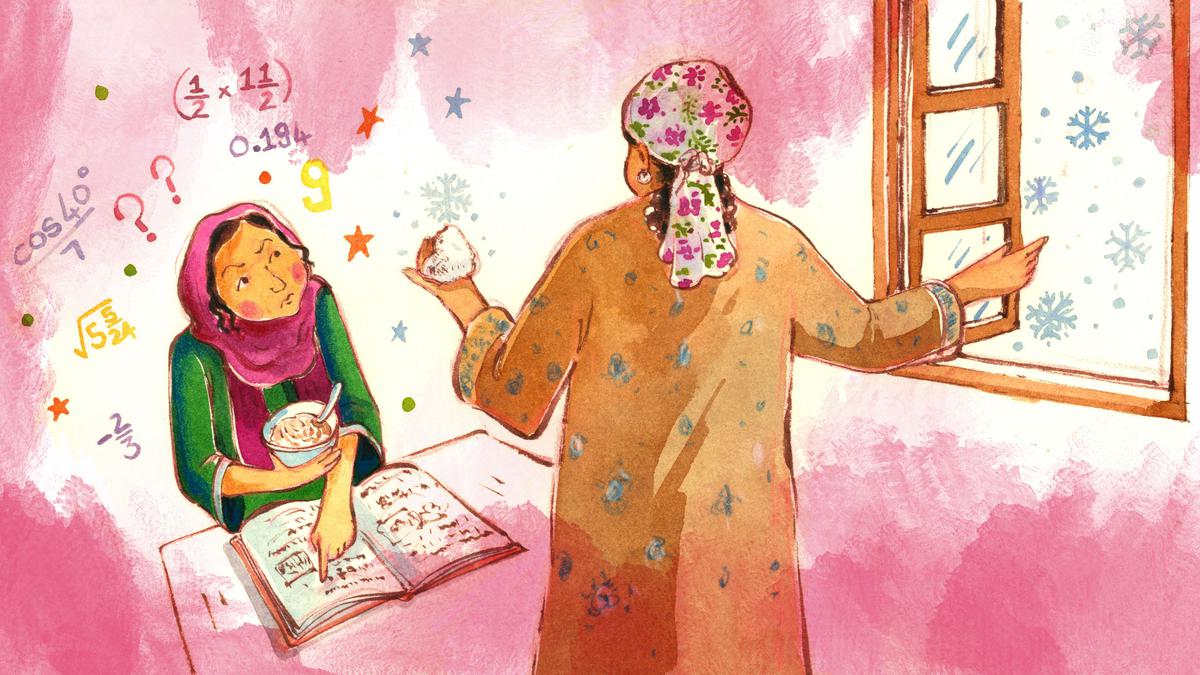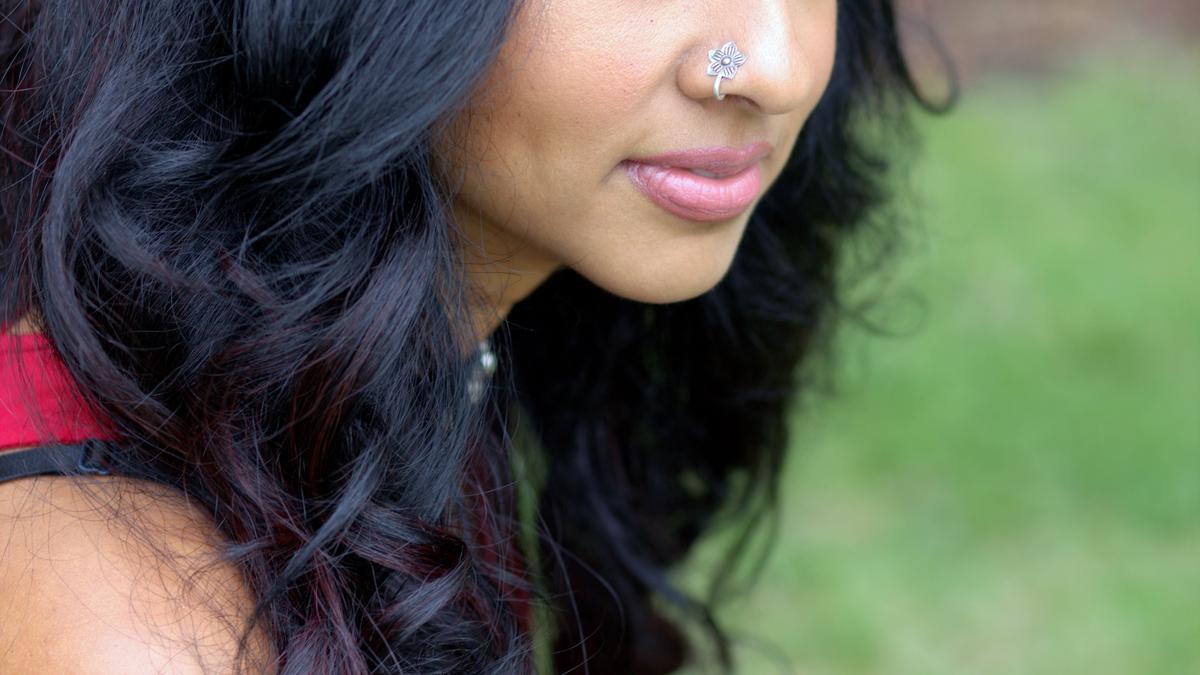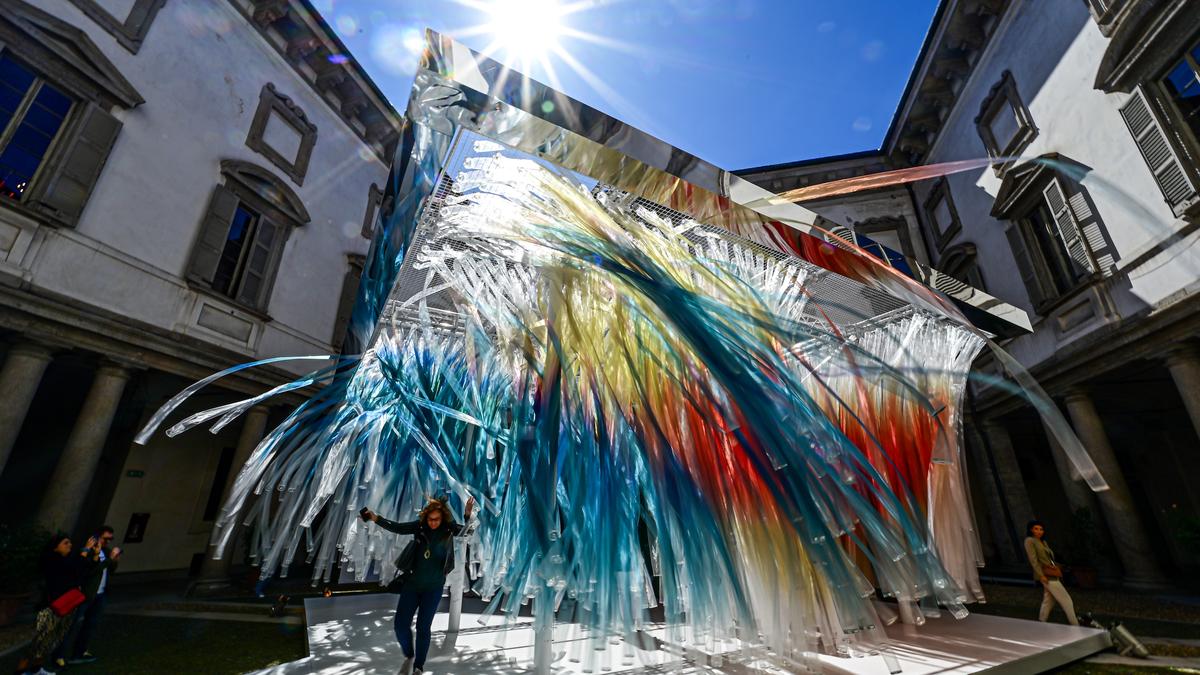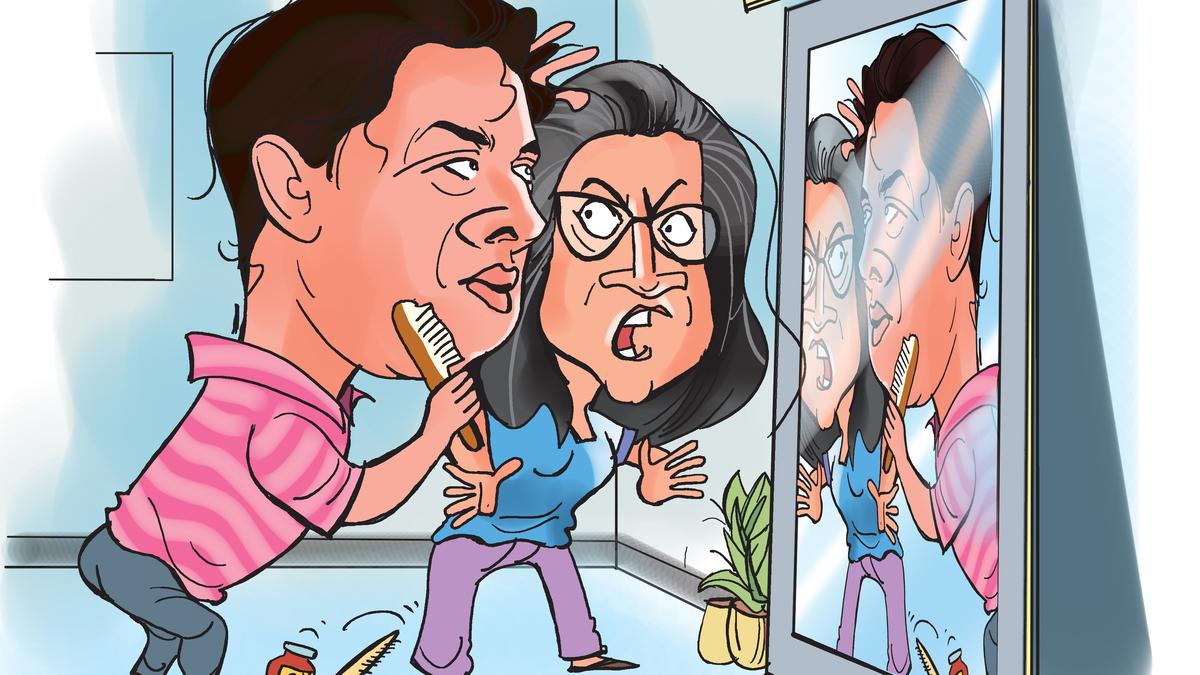
Many years ago, when I was in school, I had a teacher who found it very difficult to be kind to me. We had just started the new academic year and it was our second or third mathematics class with him. In the first couple of classes, he asked students to come up and solve problems on the blackboard. Now, I wasn’t especially terrible at maths, but the prospect of getting up in front of an entire class put me in panic mode. Let’s just say I always knew that I could not be a politician.
When it was my turn to go to the front of the classroom, I could not concentrate on the question and muddled the whole thing up. He looked at me and said, ‘It is a good thing you have a pleasant looking face because here [pointing to his head] it is all empty.’ Everyone laughed, including me. For the next couple of months, even when I worked up the courage to answer a question and put my hand up, he would point to his head and mouth ‘empty’, and pick someone else to answer. I know I messed up the first time, but I didn’t understand the need for this constant mocking.
Soon, December arrived and with it our winter holidays. I was packed off to Phuphee’s house for a few months. On the day I arrived it started snowing — a little dusting at first, followed by a pause of a few hours and then, a gentle, continuous snowfall that carried on for days.
Soon everything was covered in a heavy white blanket. Every morning we would see the white pile get taller and taller, until it reached the ground floor windows. We played outside making snowmen and women and having snow fights, until chilblains covered our hands and feet, which made them hurt and itch.

Phuphee rubbed mustard oil on our hands and feet in the evenings, covered them with woollen socks and mittens that she had knitted, and told us never to set foot outside in the snow again. We, of course, did not listen and the whole process was repeated again the next evening, including the threats and admonitions.
In my second week there, I remembered the discouraging words of my teacher and I promised myself that I would stop going out and wasting time. Instead, I would throw myself into becoming so proficient in maths that he would have no choice but to stop mocking me. So, for the next month, I would wake up early in the bitter cold and work, taking breaks only for the bathroom and food. One day when I was sitting in Phuphee’s room, she came in with a bowl of hot firni (semolina cooked in milk and sugar topped with nuts and saffron strands).
‘Eat it before it gets cold,’ she said.
She sat down and asked why I had stopped playing with my cousins. I told her of my predicament and how I was determined to win my teacher’s approval. She got up and opened the window. A blast of cold air swept into the room.
‘Look, it is snowing again,’ she said, scooping a handful of freshly fallen snow and putting it on the tray. She dried her hands on her pheran, closed the window and sat down. She lit two cigarettes and smoked for a few minutes.
‘You know, maetonji [the English missionary nurse who ran a local clinic in the village] told me that snow is made up of snowflakes. Tiny, small flakes that clump together to form the blanket you see outside,’ she said. ‘Each snowflake is different. No two are the same. Can you imagine that? And, in order for us to see the individual flakes, we would have to get a special glass.’
I didn’t understand why she was telling me about snowflakes.
‘Whose fault is it that we cannot see the snowflake? Us, for not possessing sharper eyes, or the snowflake itself?’ she asked.
‘I don’t know,’ I replied, ‘I guess the defect lies with our eyes.’

‘Yes, it is our eyes that cannot see the beauty of an individual flake. Do you think the snowflake is any less beautiful or powerful simply because we are incapable of seeing it?’
‘Boaz, myoan gash [listen, light of my eyes], everyone around you will not be able to see you the way you are. Most of us are limited by our own defects. The important thing to remember is that just because someone cannot see you for who you are, it doesn’t diminish you in any way. You remain the same. Now finish your firni,’ she said and left.
I thought about her words as I spooned the creamy mixture into my mouth. I finished the firni, closed my books and went outside to play with my cousins. A month later, back in the classroom, I realised my teacher was exactly the same. I, on the other hand, had changed. I worked hard but stopped seeking his approval or even kindness. There was power in knowing that I was valuable and unique even if he was unable to see it.
Instead of concentrating on his unkindness I chose, like the snowflake, to bask in my own individuality and power. I took my final examinations and did well, both to my surprise and his.
Saba Mahjoor, a Kashmiri living in England, spends her scant free time contemplating life’s vagaries.
Source | Powered by Yes Mom Hosting





